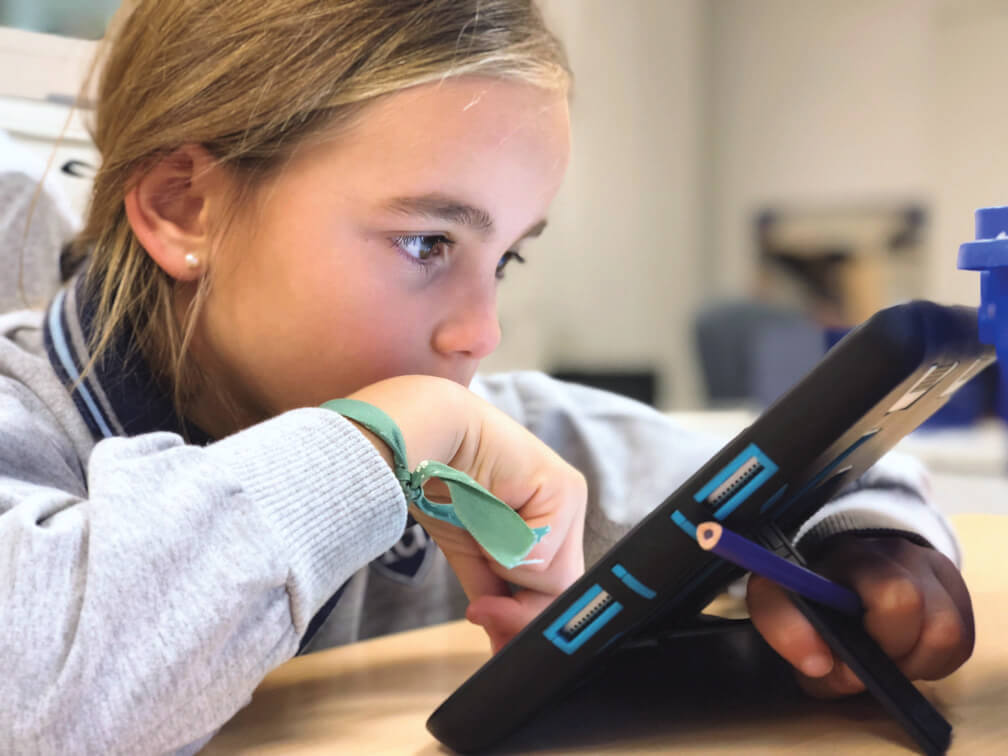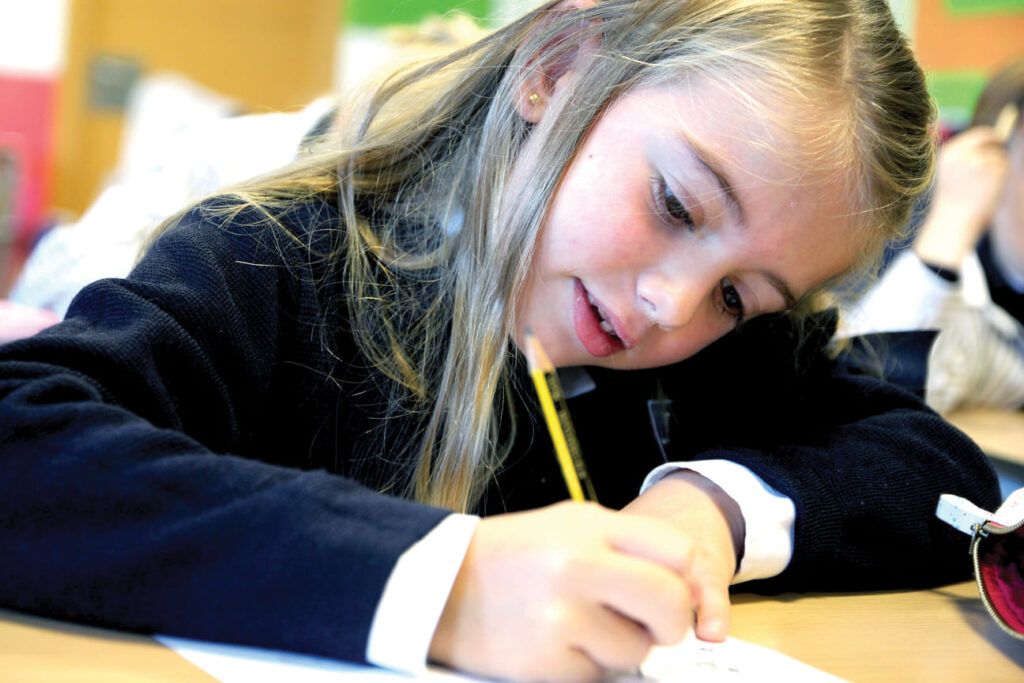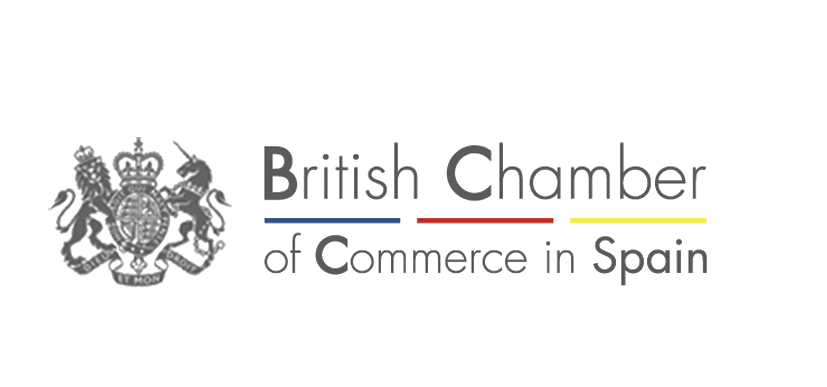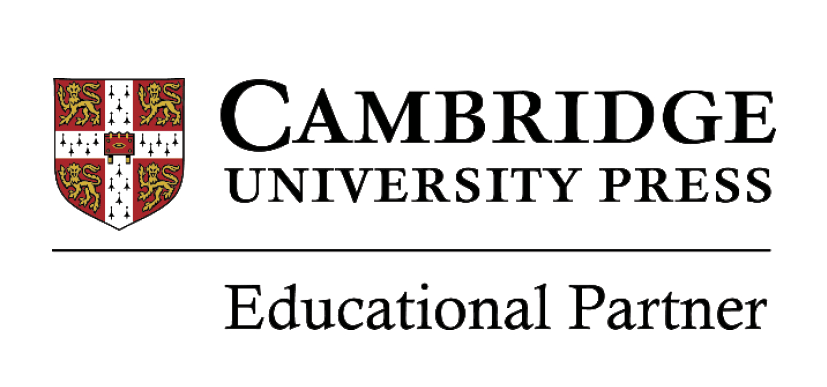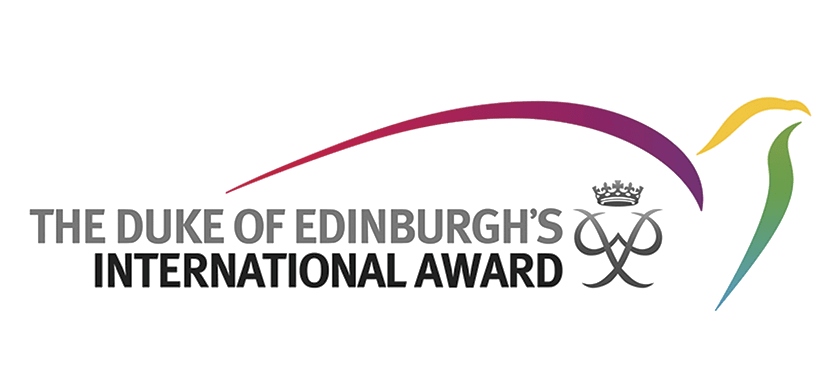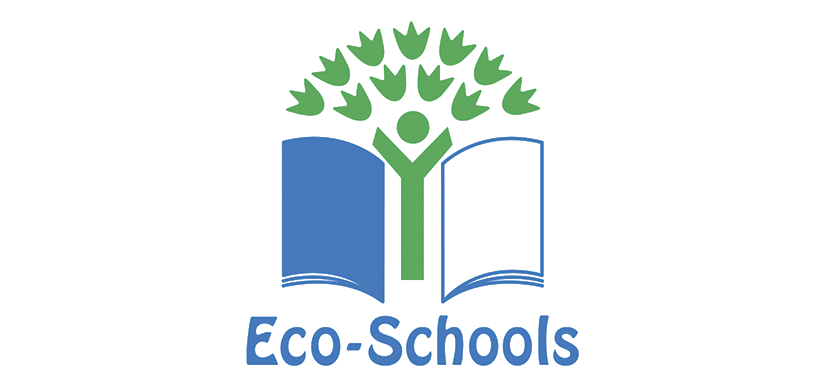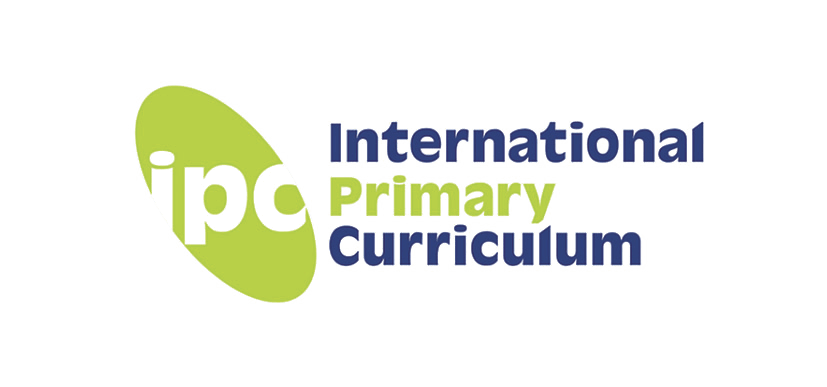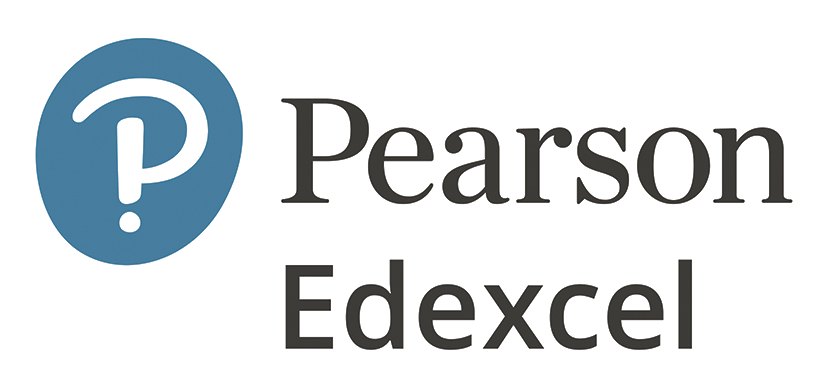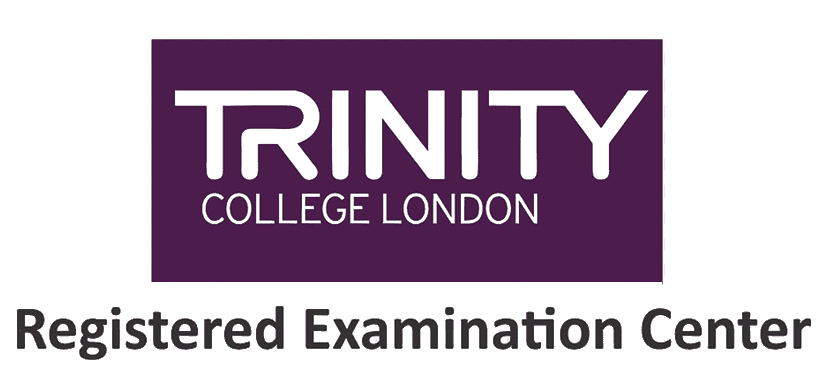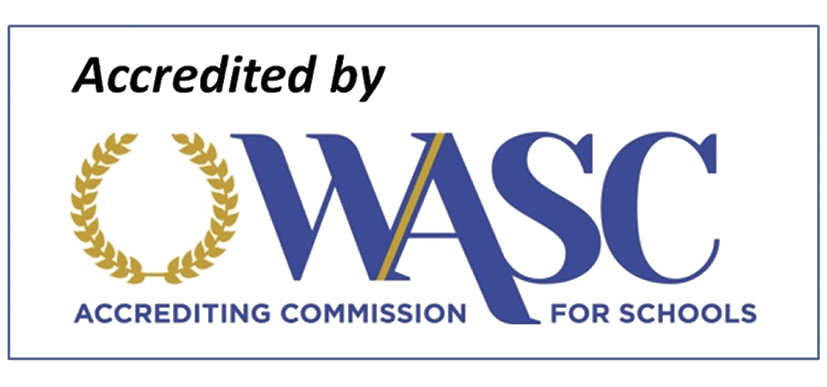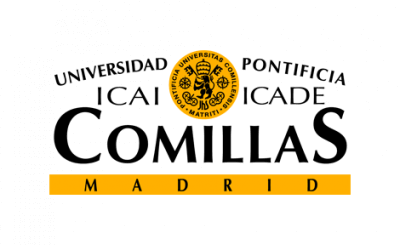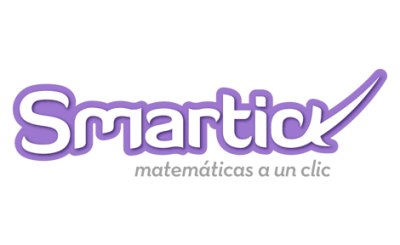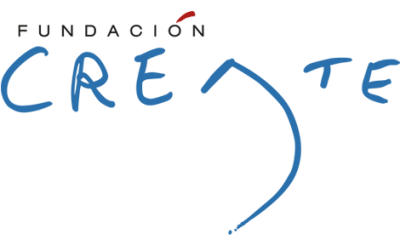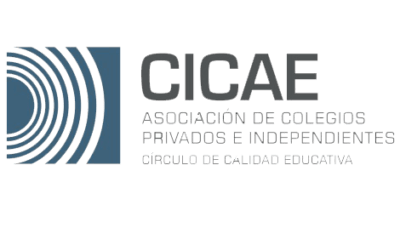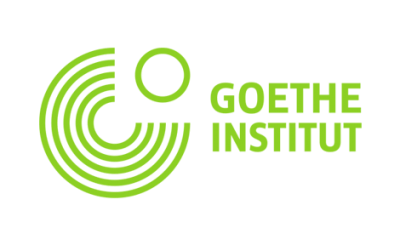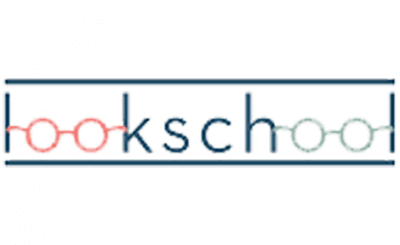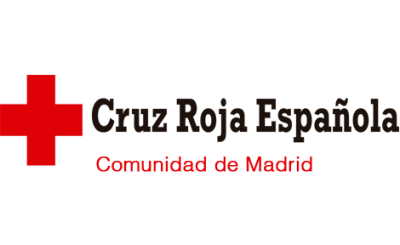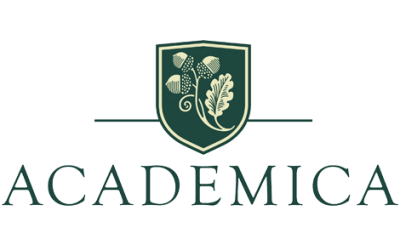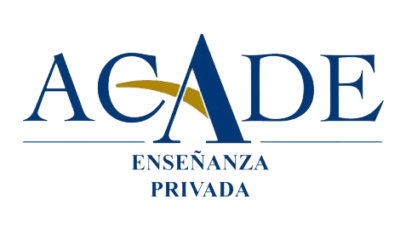How to find out if your child is learning at school
In the following post we are going to find out the key questions to ask our children and more importantly, the answers we should be looking for to find out if they are learning at school. We will also look at some key research that will give you a real insight into how you can support your child or children in that phrase of learning.
We’ll look at how we can develop the growth mindset in our children, and that’s not just for parents but also for school teachers, and then we’re going to focus on some really key questions that we’re calling our big questions, that will allow you to have a really good understanding of how your child is learning on a day-to-day basis.
What role does the brain play in learning?
Now, to talk about learning, we need to talk a little bit about the brain, because the brain is obviously where our learning happens, and what we really need to keep in mind when we’re thinking about learning, or thinking about learning a new skill, or learning in schools in particular. Our frontal lobe holds new information in our short-term memory for only 15 to 20 seconds, and then if it doesn’t sense that it’s important, it’s forgotten, if it senses that it’s important it’s indexed and organised and can be used later, but if the brain doesn’t sense that this information is important, it’s gone.
So if you imagine you are sitting in a classroom and you go back a few years to when you are at school, some information will come into your brain through the teacher, through a book, through a website, and your brain will decide which information is important, in this case, for example, my brain has decided that the important piece of information is the pink one, and on the other hand, the yellow and the blue one it doesn’t think is important, so they are immediately forgotten. What happens then is that this information gets indexed and organised, and if we practice it a lot, we can start to make connections with other pieces of information and other skills in our brain, which is really important and takes practice, so it doesn’t matter if initially our brain thinks a piece of information is important, if we don’t practice it, if we don’t use the skill, if we don’t retrieve the information, it gets forgotten, so that’s why we always need to go back to what we’ve learned, we need to practice these skills and that’s how they get embedded in our brains.
At ISP and in all our schools, students and learning come first, because learning is the only multi-purpose skill of the future that exists, and it’s something we can all get better at.
But what exactly do we mean by learning?
First of all, learning is a process. We often talk about learning as a single event, or a moment – I might ask my daughters, what did you learn at school today, or you might ask a friend what they learned in a course during a lesson – but learning is an ongoing process that evolves over time, moving us from simple superficial knowledge and skills, to complex deep understanding. If that sounds like hard work, it is, and if you want to learn something new, it requires deliberate effort, energy and time. For these reasons, learning can seem like a struggle.
So if learning is a process, what exactly is it about? In our schools and throughout ISP, when we talk about learning, we mean the process of improving our knowledge, skills and understanding through deliberately repeated experiences.
The process of learning is a process of growth, bridging the gap between where we are now and where we hope to be in the future. Imagine you want to swim but have never learned to swim, the learning gap between where you are now, someone who does not yet know how to swim, and where you want to be, someone who knows how to swim thoroughly, cannot be achieved in a single lesson, bridging this gap involves repeated experiences of steps that will move you towards the ultimate goal.
First you have to learn how to feel safe in the water, how to kick your feet, how to breathe, how to coordinate your arm movements and so on. Little by little, through repeated experiences and practice, knowledge and skills come together, the floats come off and you feel the pleasure and independence of that first glide through the water as you swim your first length. But it is not just the repetition of the experience that is important, it is the kind of experiences we have that influence whether the learning struggle is good or bad.
How do you get younger students to understand what it feels like to learn?
Well, we have been working on changing the culture of learning by trying to make our students aware of the process and not the outcome.
In primary school they are very used to doing different thinking routines before, during and after activities, which help them to focus on their learning. At the end of each lesson we also try to ask them learning questions like “what do you know?” not now that you didn’t know before, or questions like “what did you find difficult today?” and these questions make them reflect on their learning. When we apply their communication skills, or their social skills, the self-management skills that we work on from the early years, they also see how they are improving, how this process is going, so this also helps them to recognise their learning in a very positive way. And when we talk about the early years, that may seem a little bit more difficult for them to recognise, when the learning is happening, but as you know, if you see them while they are in the playground, when they are playing, when they are concentrating and you focus on what they are saying, you can clearly know if they are learning or not.
Fixed intelligence: Learning frustration
Often when they get frustrated, when they are learning, they give up, they tend to get very frustrated and they can’t evolve, because their attitude towards learning is very fixed. So focusing on the outcome can be quite disastrous. Sometimes we know that having an outcome is clearly opening a lot of doors when we leave school, but focusing on the process is really important, so when we focus on the process, it very much indicates a growth mindset, and what it seems is that people or children who present with a growth mindset, they don’t feel that intelligence is fixed, they recognise that through effort and determination, with time, their intelligence will grow.
They know that through improvement through extra work, eventually at some point they will improve, and those indicators are children, and young people, and adults let’s not forget, it’s not just something that happens with young people, when people and young people do something wrong, they see it as an opportunity to grow, so they will sit down and reflect on what they are trying to develop in their school, this is just fantastic.
How do you identify in the early years, or in primary school, when a young child might present a fixed mindset, and what examples do you hear of primary school children presenting like this?
We identify when primary school pupils are presenting a fixed mindset, comments like this is too hard, I can’t do it, or why do I have to do better if this is already good, or I’m not good at writing, so I’ll never improve…, these kinds of behaviours, they appear very regularly in some pupils, and our aim as teachers is to recognise them as quickly as we can, to give them back a more positive outlook. A stance that helps them understand that learning is possible for everyone, that struggling is what will make them learn and improve, and that facing difficult things will help them grow.
What strategies do the teachers at your school in Aravaca use that allow children to move from a fixed mindset to a growth mindset, what kind of strategies do you use?
Well, we usually spend time with the students and go over past work that showed they could do it, explaining to them that we have seen them do this before, and of course, our main strategy when they say “I can’t do this” is to explain to them that maybe they can’t do it yet, and the word yet has to impact them, and our goal is that they believe that with hard work, they can improve in whatever area they are struggling in.
Have a conversation with them about what it is that you don’t think they’re doing well, let’s talk about it, so again, something we might advise is to say, what could you have done better and how can you learn from this? and often, you’ll find that when they start to do that reflection, as Laura says, they’ll start to recognise that actually, there are things that they can do to improve and the last case is a child who says, I’ve always been told I can’t, and again, if you heard that from your teacher, please challenge them in a positive and nice way, because by saying, if your teacher says you can’t do it, then you can’t do it, clearly that’s not right, instead, nobody knows your potential, only yourself, you have to discover it for yourself.
Key question for learning in school: what do you know today that you didn’t know yesterday?
We like this question because it focuses on knowledge acquisition, it lets us know what information has made it past our child’s short-term memory and into their hippocampus, so we know, it will be what their brain has found important, and it also lets us know what our child has found interesting, because the first things they’re going to tell us are the things that they’re most interested in.
And again, it’s a great conversation starter that also: what have you found difficult today, now this is great, because it focuses on our idea of the good struggle and the fact that you have to find things a bit difficult, and have a good struggle to make the learning stick, letting your child know what you feel, it’s important to find things difficult, and it’s okay to find things difficult, and it also lets you know how your child copes with the difficulty.
Does he/she give up, in that case he/she might have a fixed mindset and it might be necessary to support him/her together with the school, to give up this attitude, and try to use the resources available and work his/her own way through that good struggle, and learn effectively. What we want to know is what they find difficult and what they find interesting, what they are supposed to be learning, so Laura can explain a bit about how to support parents with their understanding of the fundamentals of their child’s learning in their school.
Our favourite question to find out about our children’s learning at school: did you ask a good question today?
This question lets you know if your child has been engaged in their learning, because they’re only going to ask questions if they’re engaged, and they want to improve and they want to encourage connections, and it’s those connections that make us really smart, and it expresses this idea of asking a good question Isaac Robbie, who won the Nobel Prize for his work on MRI, he’s basically the father of the MRI machine, and he said, “my mother made me a scientist without intending to, every Jewish mother in Brooklyn would ask her child after school: did you learn anything today? and that hasn’t changed now that 80 years have passed, and parents still ask that question, but not my mother, she would say: did you ask a good question today? that difference of asking good questions made me become a scientist, so let’s think about those good questions today.”

